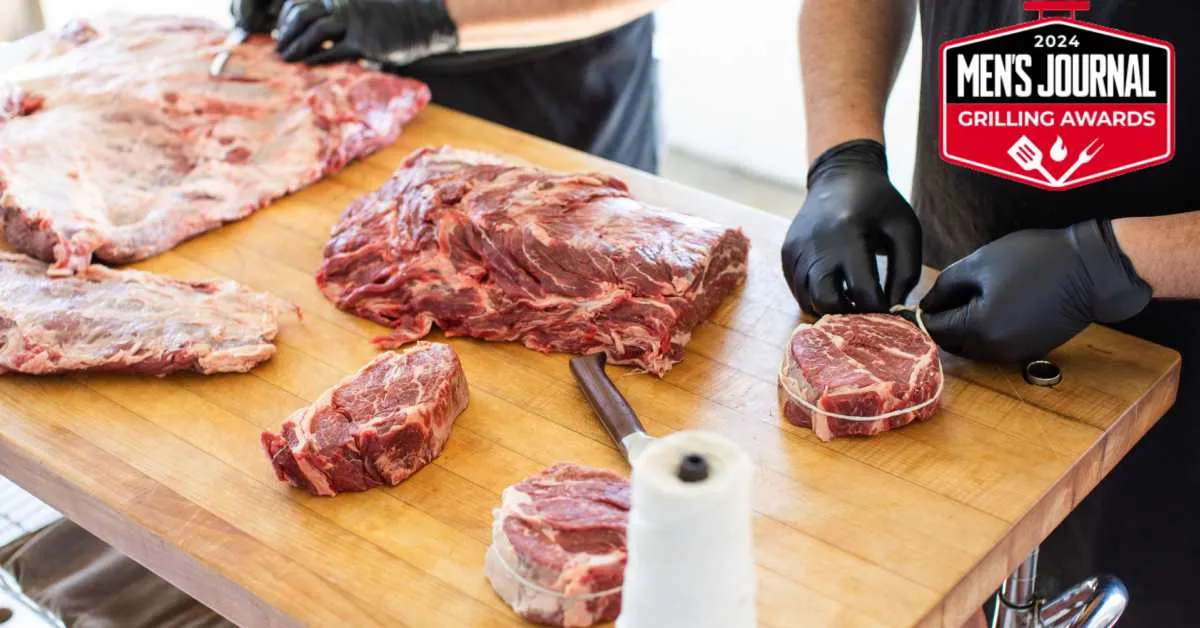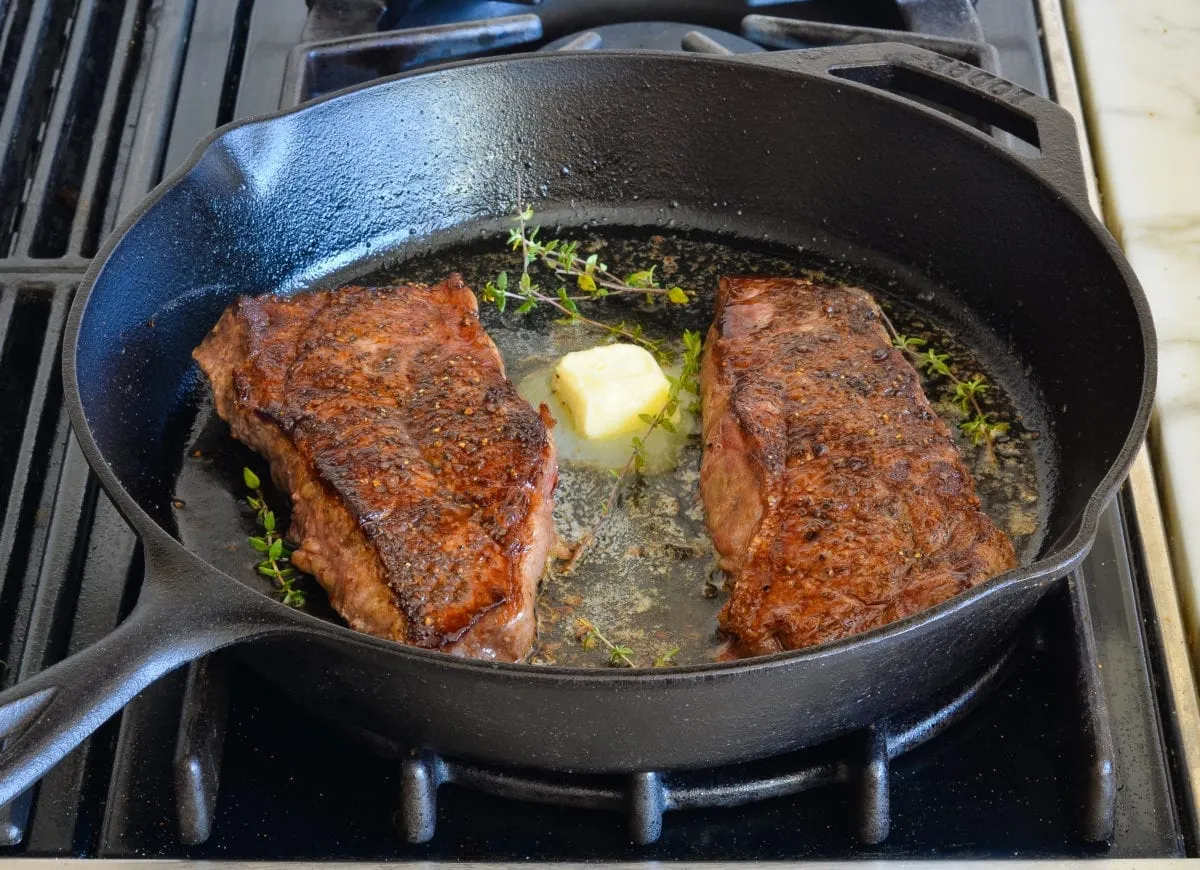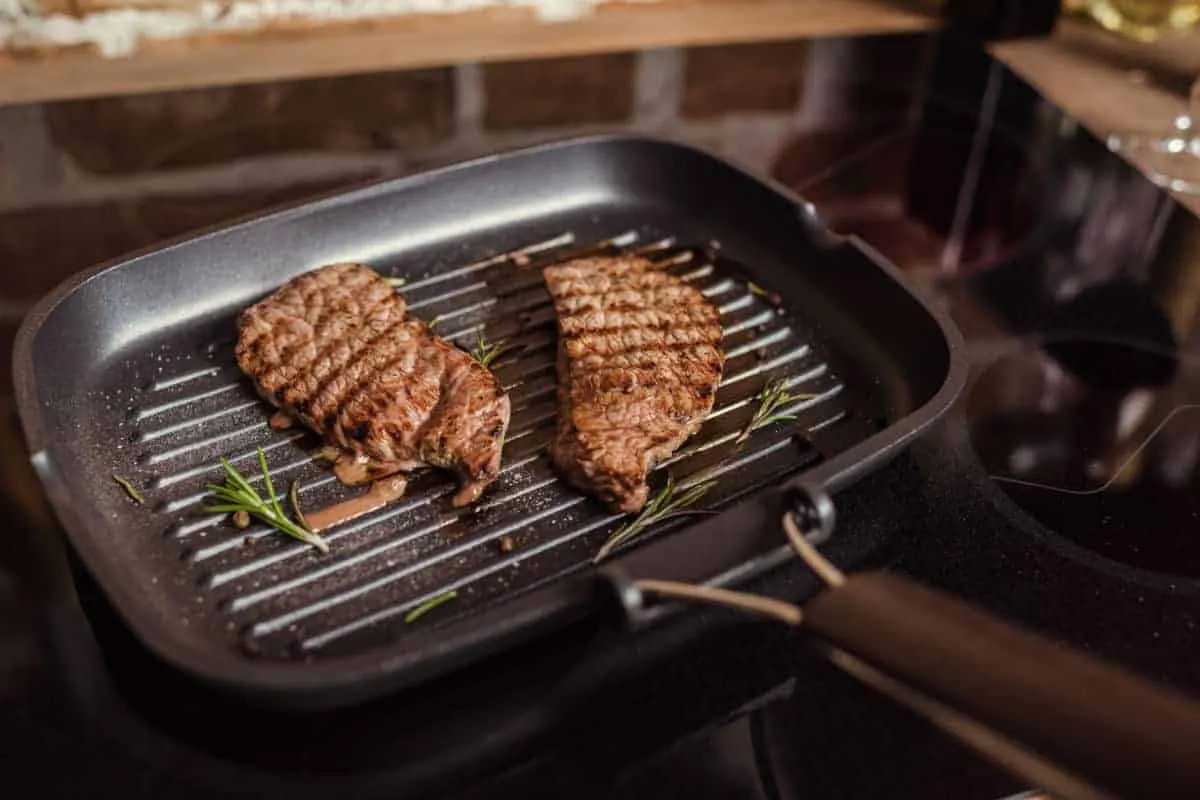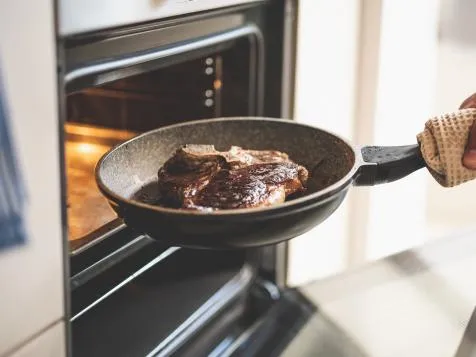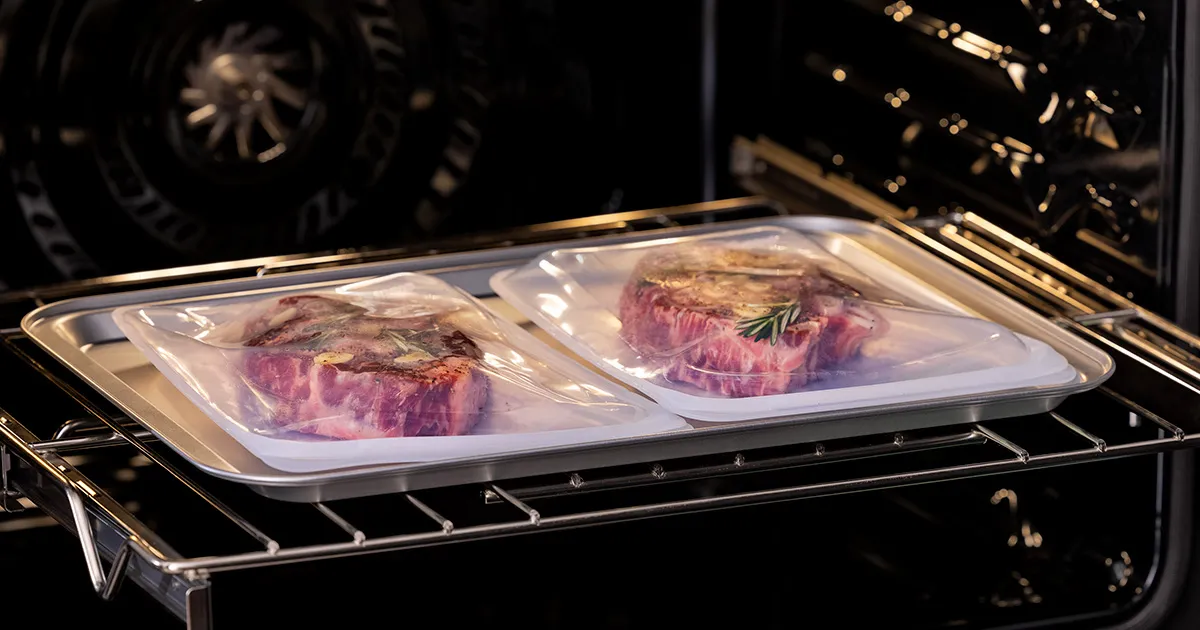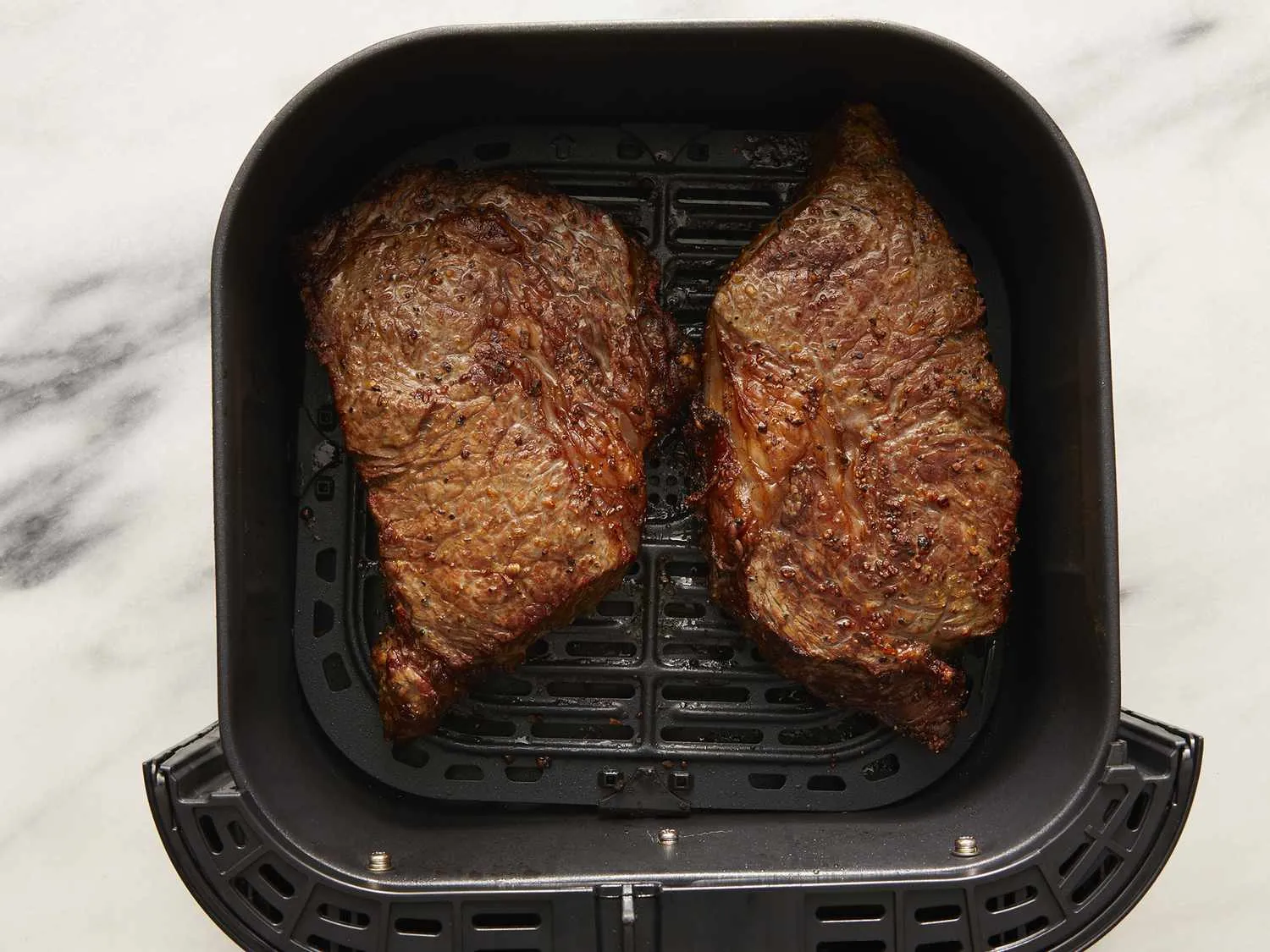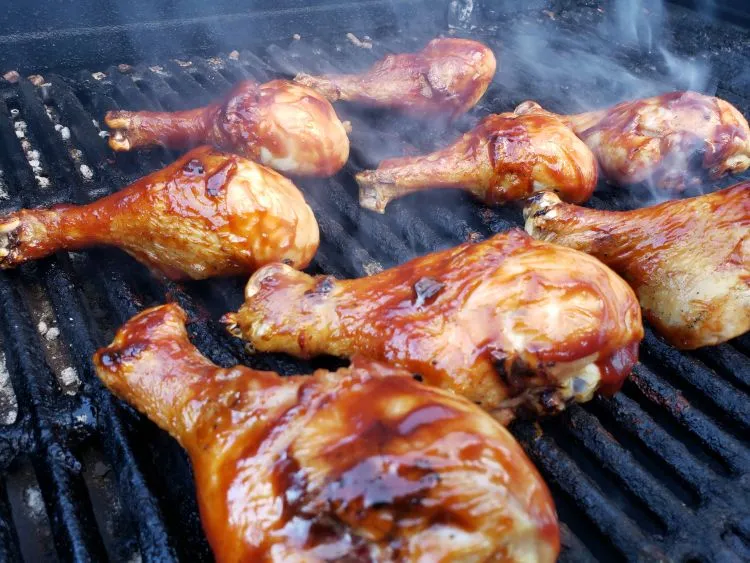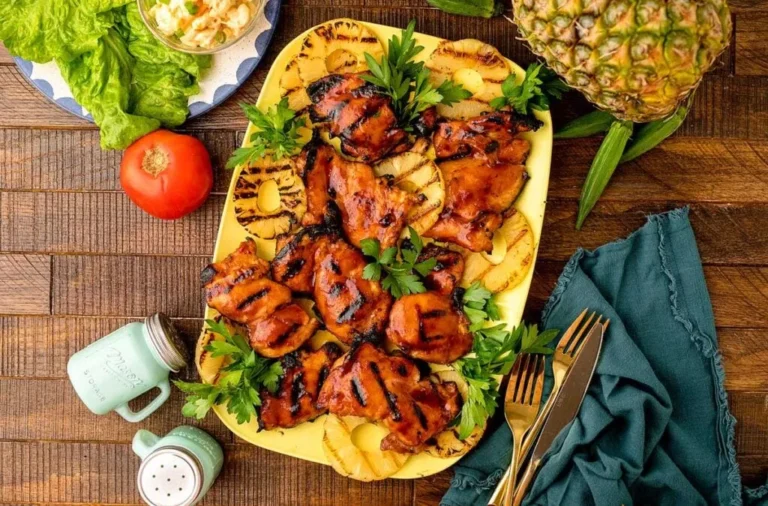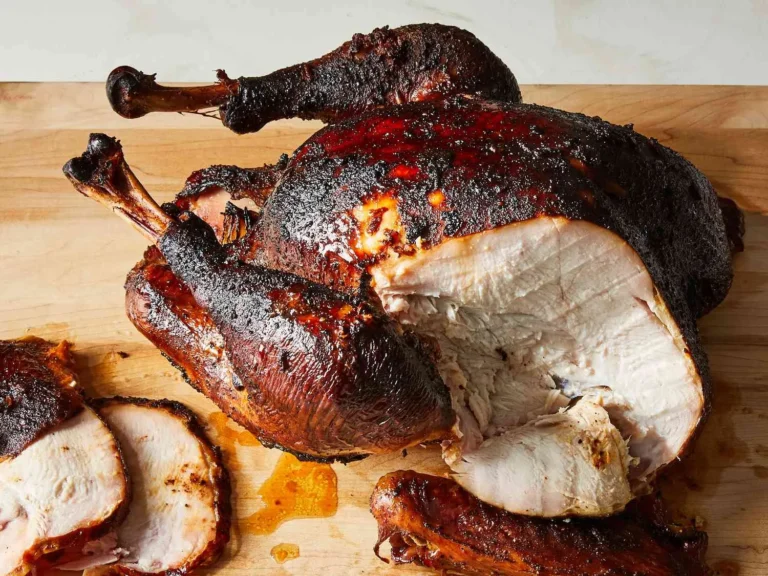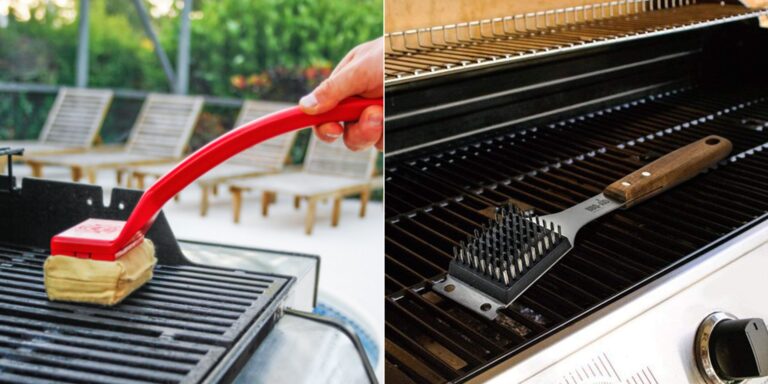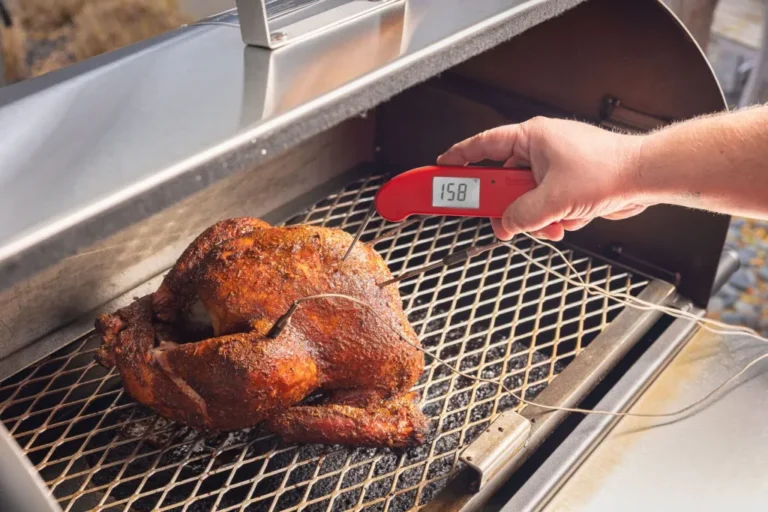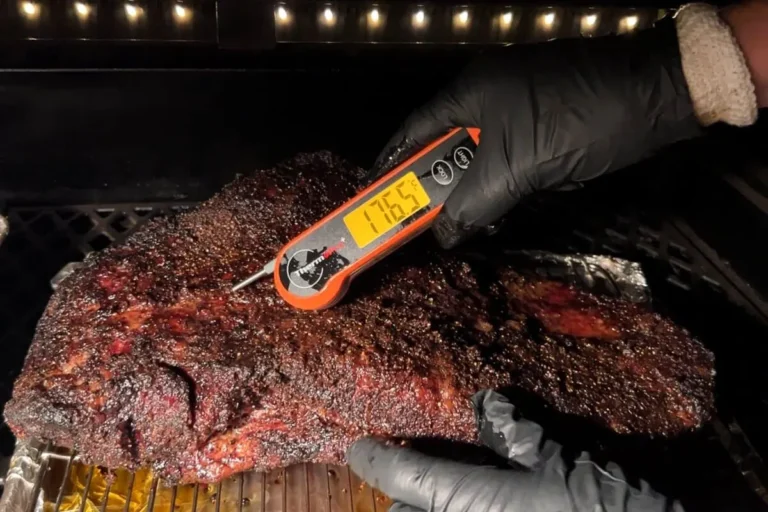Top Methods for Cooking Steak Without a BBQ Grill
Dreaming of a succulent, perfectly seared steak but lack a BBQ grill? No problem! There are many indoor methods to achieve that delectable steak without having to venture outside. Whether you’re in a compact apartment, facing bad weather, or simply prefer indoor cooking, this guide on how to cook steak without a BBQ has you covered.
We’ll delve into different techniques to cook steak using your stovetop, oven, and some lesser-known methods. Get ready to enhance your steak game right from your kitchen!

Prepping Your Steak
Before we jump into the various cooking techniques, let’s talk about prepping your steak. Proper preparation is crucial for achieving that perfect sear and flavor.
- Choose the Right Cut: Opt for cuts like ribeye, sirloin, or filet mignon for the best results. These cuts are known for their tenderness and flavor.
- Bring to Room Temperature: Take your steak out of the fridge about 30 minutes to an hour before cooking to ensure even cooking.
- Pat Dry: Use paper towels to pat the steak dry. Removing excess moisture helps create a beautiful, crispy crust.
- Generous Seasoning: Season your steak with coarse salt and freshly ground black pepper. Don’t be shy; a good seasoning is essential for flavor.
- Preheat Your Cooking Surface: Whether you’re using a skillet, oven, or any other method, ensure your cooking surface is hot before you start. This helps in searing the steak perfectly.
Always Pat Your Steak Dry
One of the essential steps in preparing a steak is ensuring it’s dry before cooking. This might seem like a small detail, but it makes a significant difference in the final result.
- Better Sear: A dry steak allows for better caramelization and a beautiful, crispy crust. Moisture creates steam, which prevents the steak from searing properly.
- Enhanced Flavor: Searing is all about flavor. The Maillard reaction, which gives your steak that savory, rich taste, happens more effectively on a dry surface.
- Even Cooking: Patting your steak dry ensures even cooking. Excess moisture can cause uneven cooking, leading to a less-than-perfect steak.
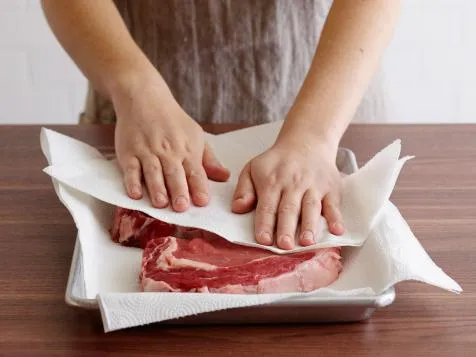
Seasoning Tips
Getting the seasoning right is essential for a flavorful steak. Here’s how to do it effectively, plus some tips to mimic that smoky BBQ flavor.
- Basic Seasoning: Start with coarse salt and freshly ground black pepper. These two are your best friends when it comes to bringing out the natural flavors of the steak. Season generously on both sides and let it sit for a few minutes before cooking.
- Herbs and Spices: For extra flavor, consider adding garlic powder, onion powder, or paprika. Fresh herbs like rosemary and thyme can also be added for an aromatic touch.
- Smoky Flavors: To mimic the smoky flavor of a grill, use smoked paprika or a dash of liquid smoke. Another option is to add a small amount of smoked salt instead of regular salt.
- Marinades: If you have some time, marinating your steak can infuse it with extra flavor. A simple marinade of olive oil, soy sauce, garlic, and a splash of Worcestershire sauce works wonders. For a smoky twist, add a bit of smoked paprika or liquid smoke to the marinade.
- Finishing Touches: After cooking, consider finishing your steak with a pat of compound butter (butter mixed with herbs and spices) for an extra layer of flavor.
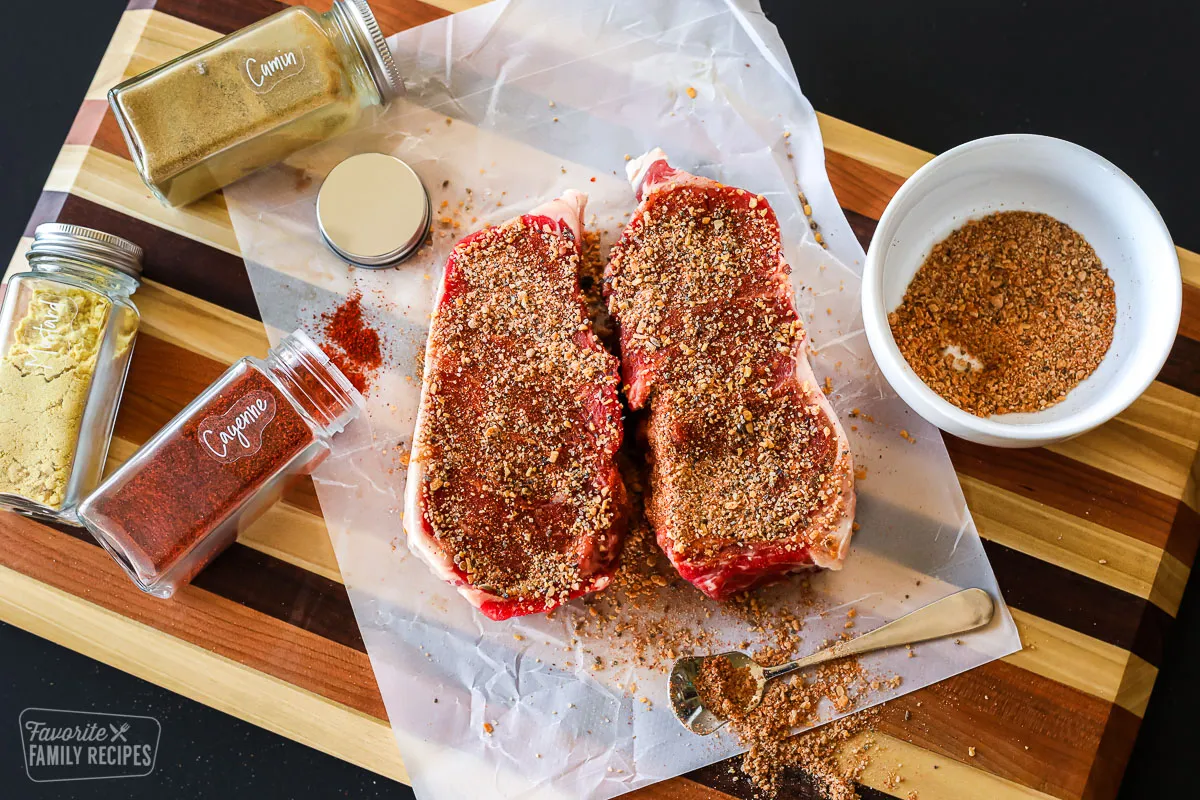
Cooking Methods
When it comes to cooking steak indoors, there are several methods that can deliver delicious results. Here’s an overview of some of the best techniques to achieve that perfect steak without a BBQ grill.
- Stovetop Skillet: Using a cast-iron skillet or heavy-bottomed pan on the stovetop is a popular method. It allows for a great sear and can handle high heat, which is perfect for cooking steak.
- Oven-Broiling: Broiling in the oven is another excellent option. This method uses high, direct heat from the broiler to cook the steak quickly and evenly.
- Reverse Sear: This technique involves cooking the steak at a low temperature in the oven first, then finishing it with a hot sear in a skillet. It’s great for achieving a perfectly cooked interior with a beautiful crust.
- Sous Vide: Sous vide involves vacuum-sealing the steak and cooking it in a water bath at a precise temperature. This method ensures an evenly cooked steak from edge to edge, which you then finish with a quick sear in a hot pan.
- Air Fryer: Surprisingly, an air fryer can cook a steak well. It circulates hot air around the steak, cooking it evenly and quickly while also allowing for a bit of a crust to form.
- Grill Pan: A grill pan on the stovetop mimics the grilling process with its ridged surface, giving you those lovely grill marks and a nice sear.
Using a Cast Iron Skillet
A cast iron skillet is perfect for “grilling” steak indoors. Here’s how to do it:
- Preheat the Skillet: Place your cast iron skillet on the stovetop and heat it over medium-high heat for about 5 minutes. You want it to be extremely hot before adding the steak.
- Season the Steak: While the skillet is heating, season your steak generously with coarse salt and freshly ground black pepper.
- Add Oil: Once the skillet is hot, add a high smoke point oil like canola or avocado oil. Swirl it around to coat the bottom of the pan.
- Sear the Steak: Place the steak in the skillet and let it sear without moving it for 2-3 minutes. This creates a nice crust. Flip the steak and sear the other side for another 2-3 minutes.
- Check the Temperature: For medium-rare, the internal temperature should be around 130°F (54°C). Use a meat thermometer to check.
- Rest the Steak: Remove the steak from the skillet and let it rest for about 5 minutes. This allows the juices to redistribute, ensuring a juicy steak.
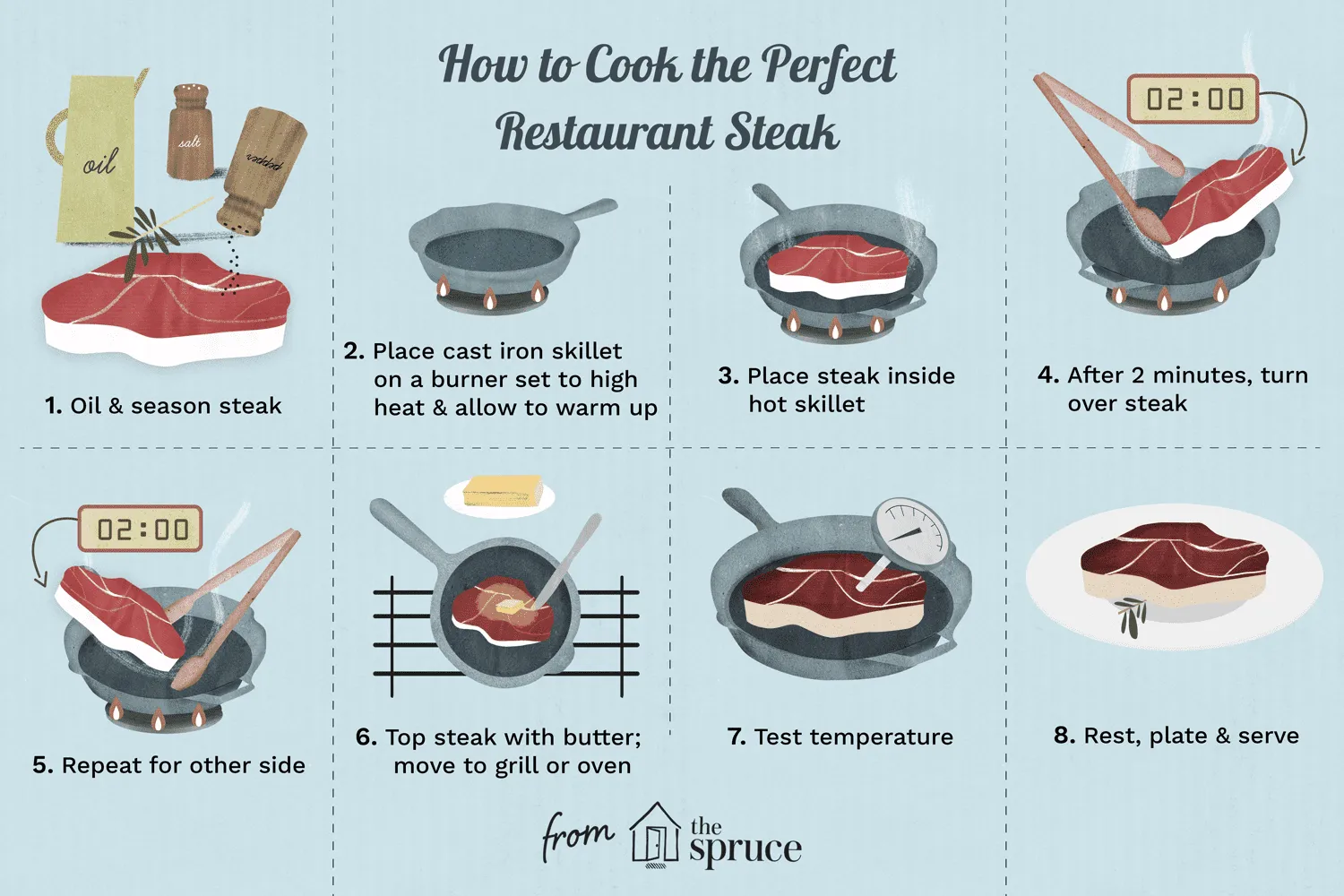
This method gives you a great sear and a flavorful crust, much like grilling.
Pre-Sear and Oven Finish
Combining stovetop searing with oven finishing is a fantastic way to ensure your steak is cooked evenly.
- Preheat the Oven: Set your oven to 400°F (204°C).
- Sear the Steak: Follow the steps for searing in a cast iron skillet, but only sear each side for about 1-2 minutes.
- Transfer to Oven: Move the skillet with the steak into the preheated oven.
- Finish Cooking: Bake in the oven for 5-7 minutes for medium-rare, depending on the thickness of the steak.
- Rest the Steak: Remove from the oven and let the steak rest for 5 minutes before serving.
This method ensures a well-seared exterior with a perfectly cooked interior.
Reverse Sear Method
The reverse sear technique is ideal for thicker cuts, ensuring an even cook throughout.
- Preheat the Oven: Set your oven to 250°F (121°C).
- Prepare the Steak: Season your steak and place it on a wire rack over a baking sheet.
- Cook in the Oven: Bake until the internal temperature reaches 120°F (49°C) for medium-rare, about 20-30 minutes depending on the thickness.
- Sear the Steak: Heat a cast iron skillet over high heat with a bit of oil and sear for 1-2 minutes on each side until a crust forms.
- Rest the Steak: Let the steak rest for 5 minutes before serving.
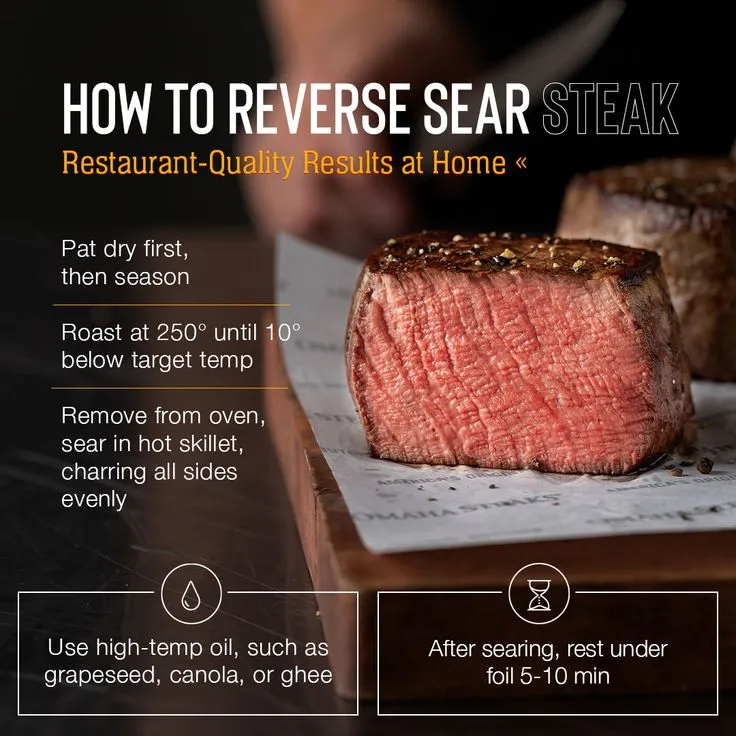
This method provides a perfect crust and a tender, evenly cooked interior.
The 4-3-2 Method
The 4-3-2 method is a quick and easy way to cook a steak on the stovetop.
- Preheat the Skillet: Heat your cast iron skillet over medium-high heat.
- Season the Steak: Season generously with salt and pepper.
- Sear for 4 Minutes: Place the steak in the hot skillet and sear for 4 minutes without moving it.
- Flip and Sear for 3 Minutes: Flip the steak and cook for another 3 minutes.
- Rest for 2 Minutes: Remove the steak from the skillet and let it rest for 2 minutes.
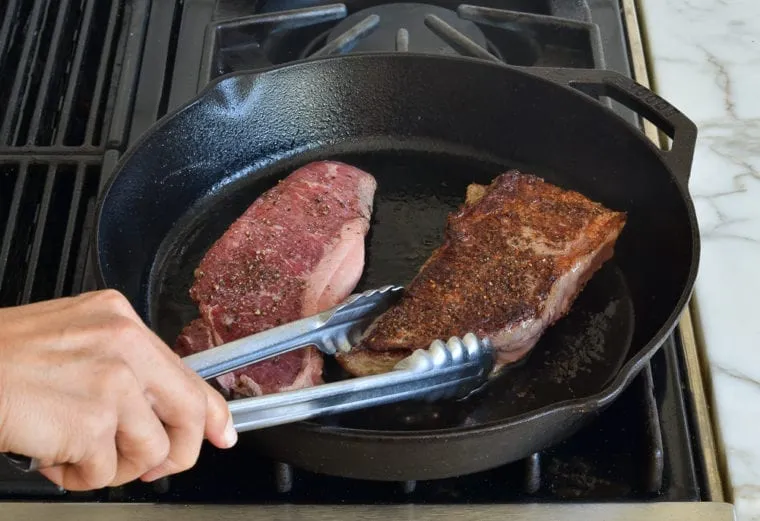
This method is perfect for a quick meal, giving you a nice sear and a juicy steak.
Oven-Only Method
Cooking a steak entirely in the oven is great for thicker cuts.
- Preheat the Oven: Set your oven to 275°F (135°C).
- Prepare the Steak: Season your steak and place it on a wire rack over a baking sheet.
- Cook Slowly: Bake until the internal temperature reaches 125°F (52°C) for medium-rare. This can take about 30-40 minutes depending on the thickness.
- Sear if Desired: If you want a crust, quickly sear the steak in a hot skillet for 1 minute per side after oven cooking.
- Rest the Steak: Let it rest for 5 minutes before serving.

This method ensures a gently cooked, tender steak with the option to add a sear at the end for texture.
What to Avoid
While cooking steak indoors can be a delicious alternative to grilling, there are some common pitfalls and less recommended methods to keep in mind.
- Nonstick Pans: Skip using nonstick pans for searing steaks. They don’t get as hot as cast iron or stainless steel, which can prevent you from achieving a good sear.
- Skipping the Rest: Cutting into your steak immediately after cooking can cause the juices to run out, leaving you with a dry steak. Always let your steak rest for at least 5 minutes.
- Thin Cuts for Slow Methods: Avoid using thin cuts of steak for methods like reverse sear or oven-only. These methods are better suited for thicker cuts that benefit from slow, even cooking.
- Boiling: Never boil steak. This method will make your steak tough and flavorless. Stick to searing, broiling, and other recommended methods.
- Overcooking: Be mindful of cooking times and internal temperatures. Overcooking can turn a perfectly good steak into a tough, chewy piece of meat. Use a meat thermometer to ensure accuracy.
- Low-Quality Cuts: Using low-quality cuts of steak can result in a less enjoyable meal. Invest in good quality meat for the best results.

Avoid Overcrowding the Pan
When cooking steak indoors, it’s crucial to avoid overcrowding the pan. Here’s why:
- Heat Retention: Overcrowding lowers the temperature of the pan, causing it to lose the high heat needed for proper searing. Instead of a nice crust, you’ll end up with a pale, steamed steak.
- Even Cooking: Each steak needs enough space to cook evenly. When steaks are too close together, the heat distribution becomes uneven, leading to inconsistent results.
- Better Sear: A crowded pan creates steam, which prevents the Maillard reaction responsible for that beautiful, flavorful crust. To achieve the best sear, ensure there’s adequate space around each steak.
- Control and Maneuverability: Cooking fewer steaks at a time allows you to better control and maneuver each piece, ensuring optimal cooking and flipping.
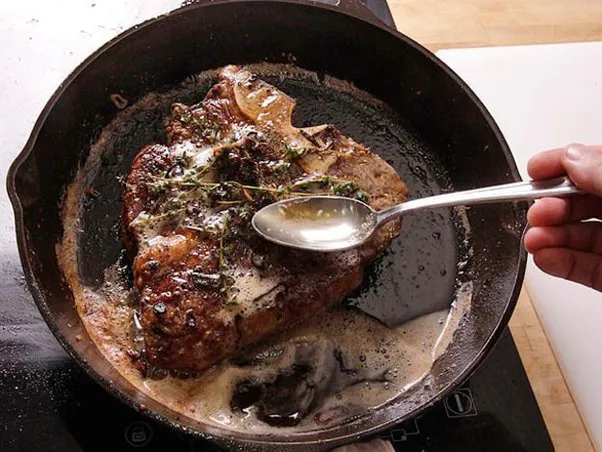
To get the best results, cook one or two steaks at a time, depending on the size of your pan. This ensures each steak has the space it needs to cook properly, giving you that perfect sear and even doneness.
Serving Your Steak
Once your steak is perfectly cooked, there’s one final step to ensure it’s juicy and flavorful: letting it rest. Here’s how and why you should rest your steak before serving:
- Resting Time: After cooking, transfer your steak to a cutting board and let it rest for about 5 to 10 minutes. This allows the juices to redistribute throughout the meat.
- Cover Loosely: Tent the steak loosely with aluminum foil to keep it warm while it rests. Avoid wrapping it tightly, as this can cause the steak to steam and lose its crispy exterior.
- Juiciness and Flavor: Resting helps retain the juices inside the steak, making each bite more flavorful and tender. Cutting into the steak too soon can cause the juices to spill out, leaving you with a dry piece of meat.
- Slice Against the Grain: When ready to serve, slice the steak against the grain. This means cutting perpendicular to the direction of the muscle fibers, which makes the steak more tender.
- Finishing Touches: For an extra burst of flavor, top your steak with a pat of herb butter or a sprinkle of finishing salt before serving.
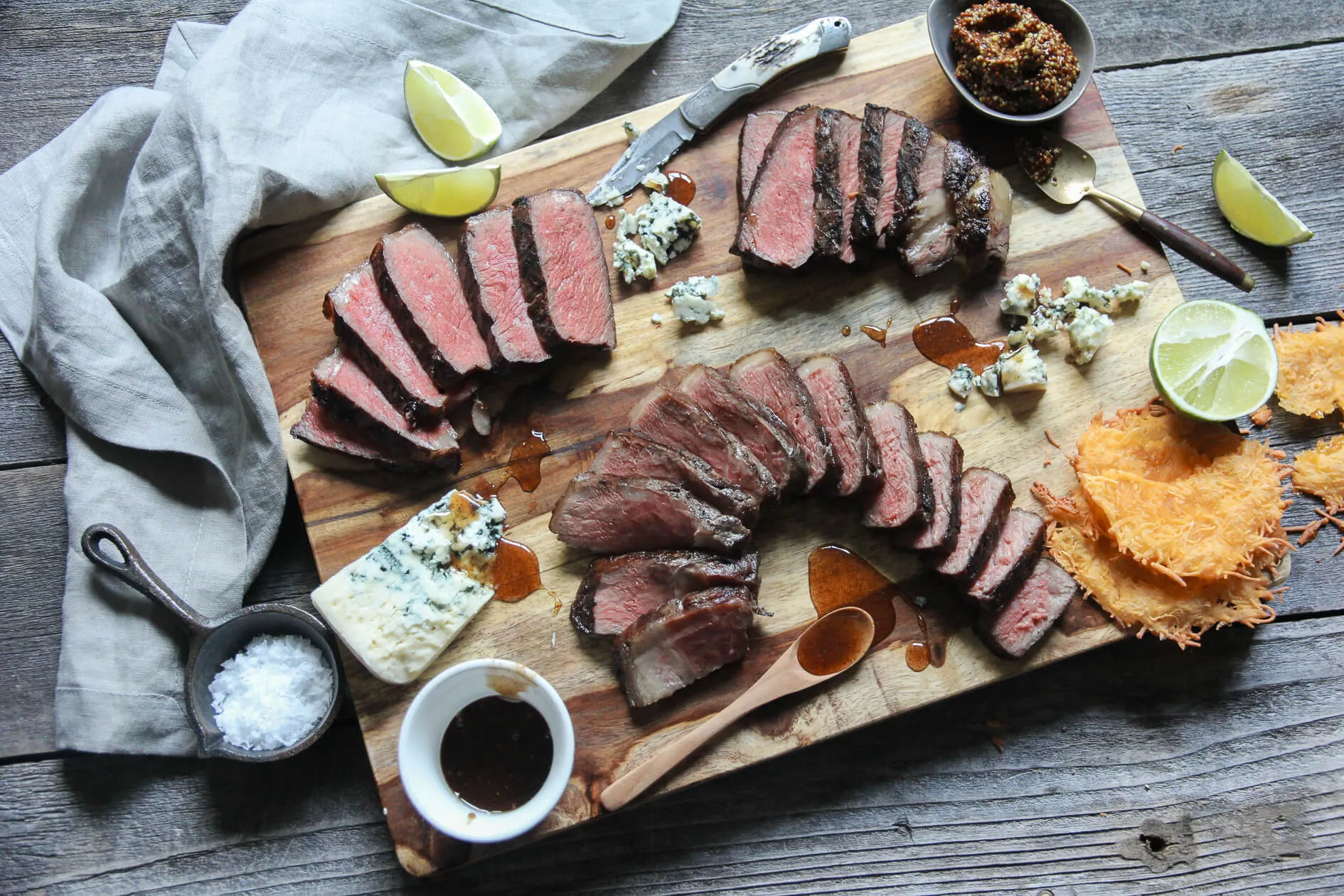
Additional Resources and Tips
Cooking steak indoors can be an art, and there’s always more to learn. Here are some resources and expert tips to help you master the craft:
Expert Tips
- Season Ahead: Season your steak at least 30 minutes before cooking, or even the night before. This allows the salt to penetrate the meat, enhancing flavor and tenderness.
- Use a Meat Thermometer: Invest in a good meat thermometer to ensure your steak reaches the desired internal temperature without overcooking.
- Rest with Butter: While resting, add a pat of butter on top of the steak. It will melt and infuse the steak with additional richness.
- Using BBQ Rub: Incorporate your favorite BBQ rub recipe into your seasoning routine. Apply the rub generously to the steak before cooking to add a smoky, spicy kick. Let it sit for a while to let the flavors meld into the meat.
Advanced Techniques
- Dry Aging: For those interested in taking their steak to the next level, try dry aging your beef at home. This process enhances the flavor and tenderness.
- Basting with Herbs: During the final minute of cooking, add fresh herbs (like thyme or rosemary) and garlic to the pan, and baste the steak with the melted butter for an extra layer of flavor.
FAQs
Disclosure: Our blog contains affiliate links to products. We may receive a commission for purchases made through these links. However, this does not impact our reviews and comparisons. We try our best to keep things fair and balanced, in order to help you make the best choice for you.

